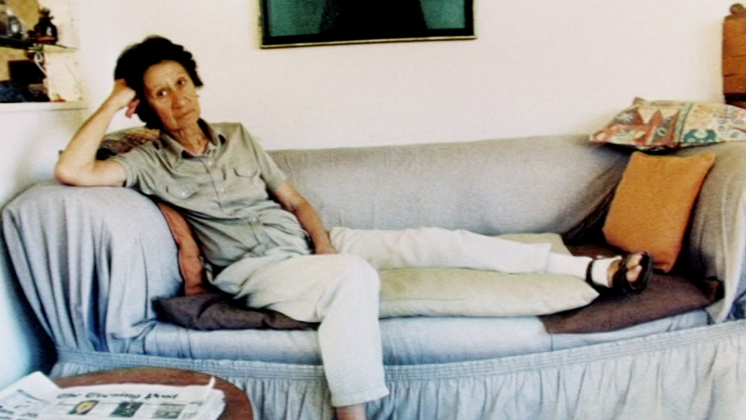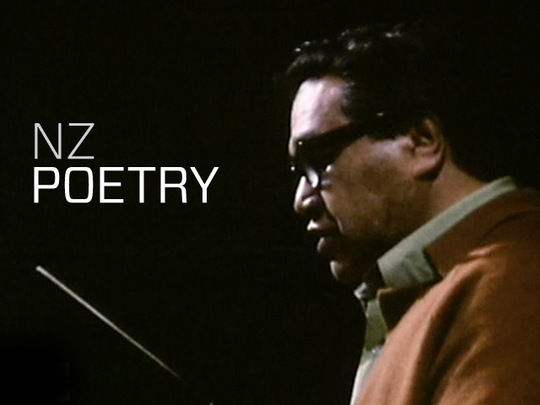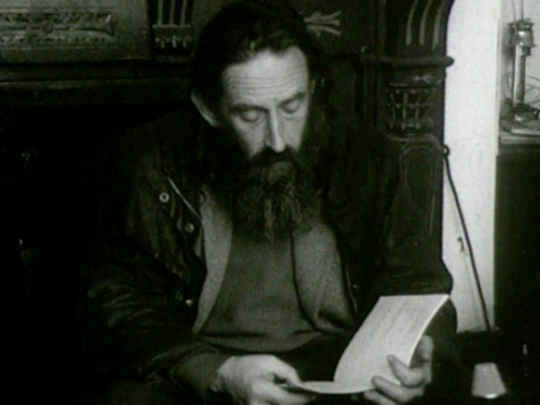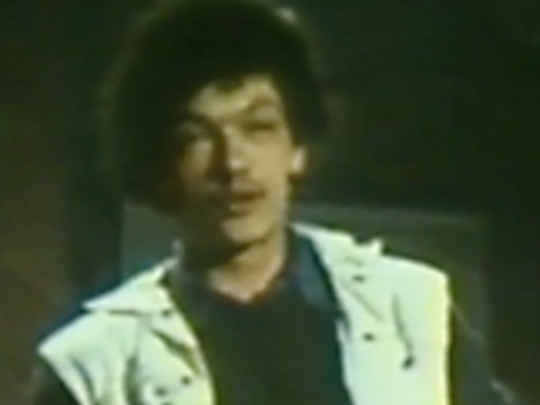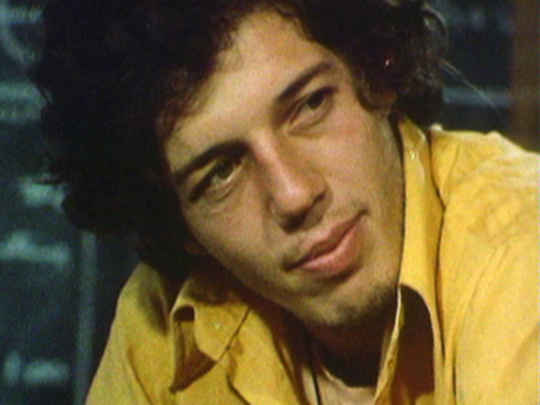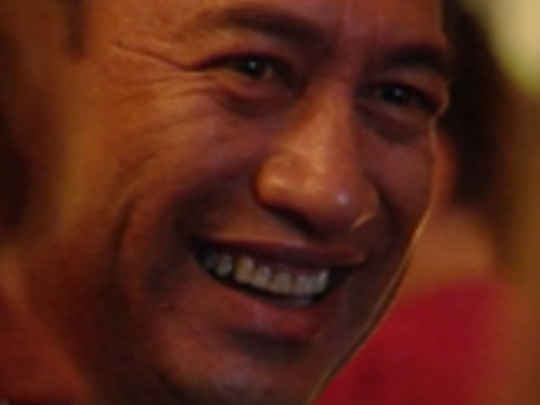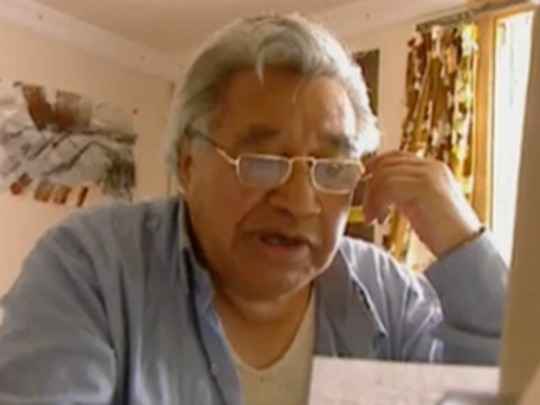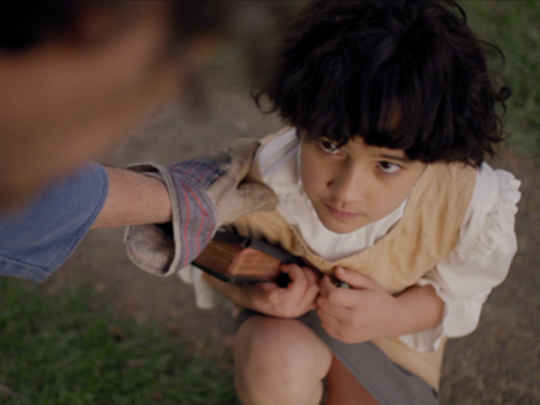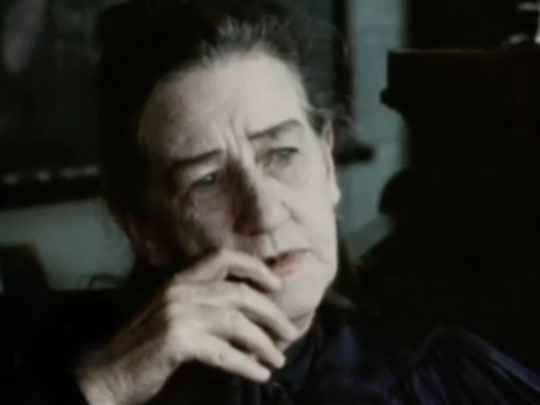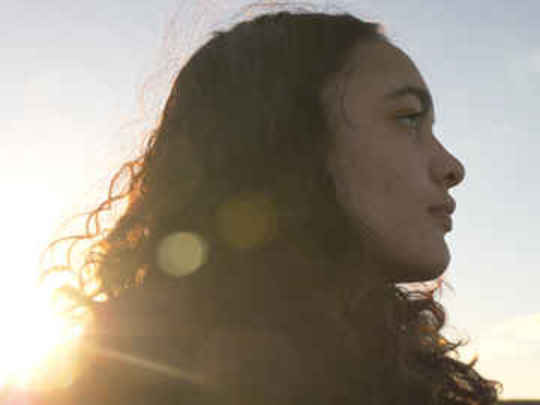Broken Journey - The Life and Art of JC Sturm
Television (Full Length) – 2007
Had she the chance to be published earlier I think that she would have been heralded and acclaimed, like when I came along I was heralded and acclaimed.
– Witi Ihimaera on the late 'discovery' of writer JC Sturm
Jacquie doesn't like being labelled. She resists categorisation: she doesn't want to be described as a Māori writer, she doesn't want to be described as a woman writer...she's a writer.
– Academic Jenny Sturm on JC Sturm
The very visual tangi was a superficial indication that relations between Māori and Pākehā were changing. An acceptance of things Māori was undeniably entering into the Pākehā consciousness.
– The narrator ion describes the 1972 tangi for poet James. K Baxter at Hiruharama
She yells at Baxter, she says 'you arsehole'. She's very hurt and angry about the way her relationship with him panned out.
– Academic Jenny Sturm on JC Sturm's candid 1996 poetry collection Dedications
I thought I can't possibly live with a poet and pretend I'm a poet when I know jolly well I'm not...so what I'll do is I'll see if I can write short stories. So away I went.
– JC Sturm on her writing, during the early years of her relationship with poet James K Baxter
There was this underlying attitude that women were a bit helpless and needed to be guided and needed to be shown what to do, and it simply wasn't true. Looking back, the tough ones, the strong ones, the ones who kept things going were not the men...from the point of view of a child, anyway.
– John Baxter, son of JC Sturm and James K Baxter, on gender roles in the 1950s and 60s
One thing that I learnt during this period was never mind about the facts; it's how you felt about what happened...it's an emotional memory that you're using.
– JC Sturm on her family's time in India in the early 1960s
The road from India was the road to Jerusalem. It was a wonderful time and a terrible time.
– JC Sturm on a formative period in her relationship with poet James K Baxter
I sense a real anguish...pain is often the centre, a pain leading to revolt. People don't revolt easily, I mean they have to be dying of hunger; well they're not dying of hunger in this culture, but they may be dying of emotional asphyxiation...
– Excerpt from an interview with poet James K. Baxter in 1972 Survey documentary Where Have All the Wowsers Gone?
When you read Jacquie's work, you discover that it's kind of like the missing link between the New Zealand tradition and the beginning of a Māori tradition in which Māori writers were attempting to decolonise themselves from the overall imperative of writing, in the same way and with the same values and the same techniques and the same kinds of sources as Pākehā writers.
– Witi Ihimaera on the place of JC Sturm in New Zealand literature
Always the single Māori child in class after class of Pākehā children, Jacquie paid the price of being different, particularly in Palmerston North, where she was severely and regularly bullied for being Māori. Through writing she tried to account for these experiences and understand her place in the world, eventually realising that being out of step with the mainstream can be a creative advantage for a writer. Much of her prose and poetry describes negotiating a place between worlds and managing uncomfortably overlapping cultural and personal identities.
– Excerpt from Paul Millar's profile of JC Sturm, Te Ara website
As I watched the film again, I was struck anew by her humility and deep intelligence, her courage and wisdom, her essential place in our literary and cultural history.
– Canterbury University academic Jeffrey Paparoa Holman on JC Sturm, 27 February 2019
